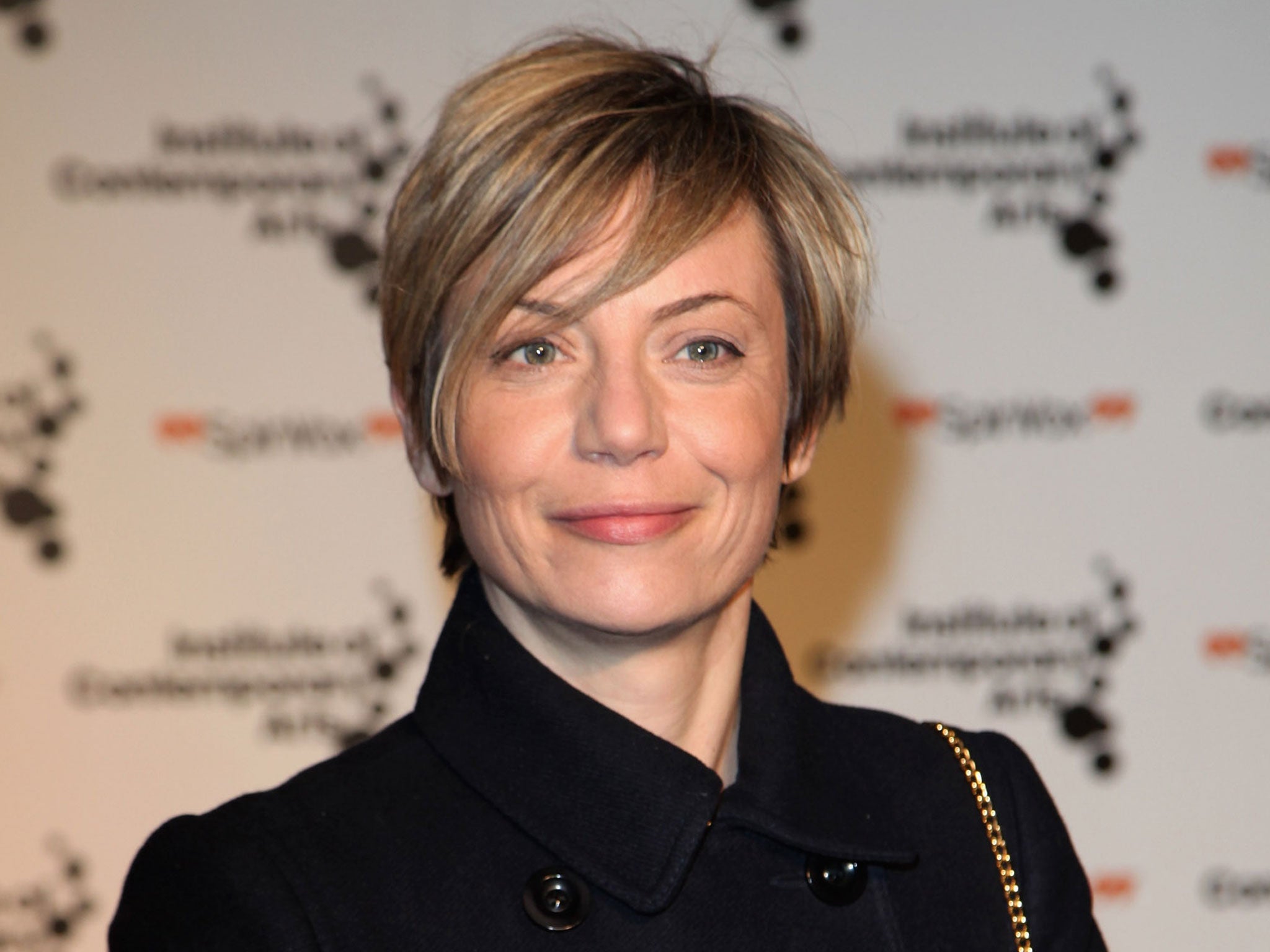The Week in Radio: When music and maths make for a magic formula

Your support helps us to tell the story
From reproductive rights to climate change to Big Tech, The Independent is on the ground when the story is developing. Whether it's investigating the financials of Elon Musk's pro-Trump PAC or producing our latest documentary, 'The A Word', which shines a light on the American women fighting for reproductive rights, we know how important it is to parse out the facts from the messaging.
At such a critical moment in US history, we need reporters on the ground. Your donation allows us to keep sending journalists to speak to both sides of the story.
The Independent is trusted by Americans across the entire political spectrum. And unlike many other quality news outlets, we choose not to lock Americans out of our reporting and analysis with paywalls. We believe quality journalism should be available to everyone, paid for by those who can afford it.
Your support makes all the difference.Can pop music be reduced to a mathematical equation? I'd prefer to think not. In my wistful moments, while listening to The Smiths' "What Difference Does It Make?", or Eels' "A Daisy Through Concrete", or Laura Veirs' "Galaxies", I'd rather not imagine smart alec songwriters using X's and Y's to send these wondrous sonic shards tearing through my vital organs. I need to know that tears have been shed, that souls have been broken and blood has been spilt to create these songs that can reduce me to weeping, snot-smothered fool in seconds.
So at first I was keen to avoid BBC6 Music's 6 Degrees Of..., a series in which the journalist and broadcaster Miranda Sawyer unpicks the relationship between music and our emotions. To get to the bottom of how music makes us laugh, dance, sob or drunkenly bellow "I Will Survive" into a karaoke machine at two in the morning is surely to kill off its glorious, intangible mystery.
But then in a week where the national conversation revolved around over a crap song from an ancient kiddie flick, I began pining for something more sophisticated. As social media rang out with "Ding Dong! The Witch Is Dead" and Radio 1 agonised over precisely how many seconds it would be acceptable to air before they were sent to Headmaster Cameron's office, here was Sawyer deconstructing Kraftwerk, Brian Eno and Radiohead. Oh, go on then, I thought.
Sawyer's theme this week was calculation, or, as she put it, "the small shaded bit in the middle of the Venn diagram of pop and maths". She was quick to note how most of us like to think of pop songs, not as a series of sums, but an unholy mess of emotions. Yet, as she talked to assorted musos and knob twiddlers, she became ever more convinced that there is mathematical order amid the chaos. And, I have to admit, it was fascinating.
She talked to Dave Rowntree, the drummer from Blur, who, as a child, would make radios with his dad and listen to Radio Moscow in his garden through a vast homemade transmitter. He remembered listening to a programme about Arthur C Clarke who once said that technology was indistinguishable from magic, which to me sounds like a lovely way to process technological developments that the average brain can't comprehend. However, Rowntree felt the link between music and maths was overstated. "Being able to count up to 16," he said, "is all the mathematical acuity you need." Which is certainly good news for Justin Bieber when he starts writing his own songs.
The electronic artist Mira Calix was keener to emphasise the mathematical elements in her work, even breaking it down in percentages (55 per cent problem solving; 45 per cent "the magic that you can't really explain"), while Marcus du Sautoy, professor of mathematics at Oxford University, maintained that music is pretty much all patterns and numbers, which I could, in the face of such unadulterated braininess, just about swallow, even when he had a pop at Kate Bush for missing out crucial numbers in a song about pi. But then he said: "When I listen to I music, I hardly ever listen to the lyrics." At which point, several thousand songwriters downed their pens in despair, and I put sulkily The Smiths back on.
Radio 2's ever-brilliant The People's Songs is about ordinary people's recollections of significant moments in time and this week's moment was 1997, when New Labour swept into power, soundtracked by D:Ream's "Things Can Only Get Better". The optimism and excitement of this era conveyed by contributors was bittersweet, given that 16 years on, for the majority of people things are now much, much worse.
Join our commenting forum
Join thought-provoking conversations, follow other Independent readers and see their replies
Comments